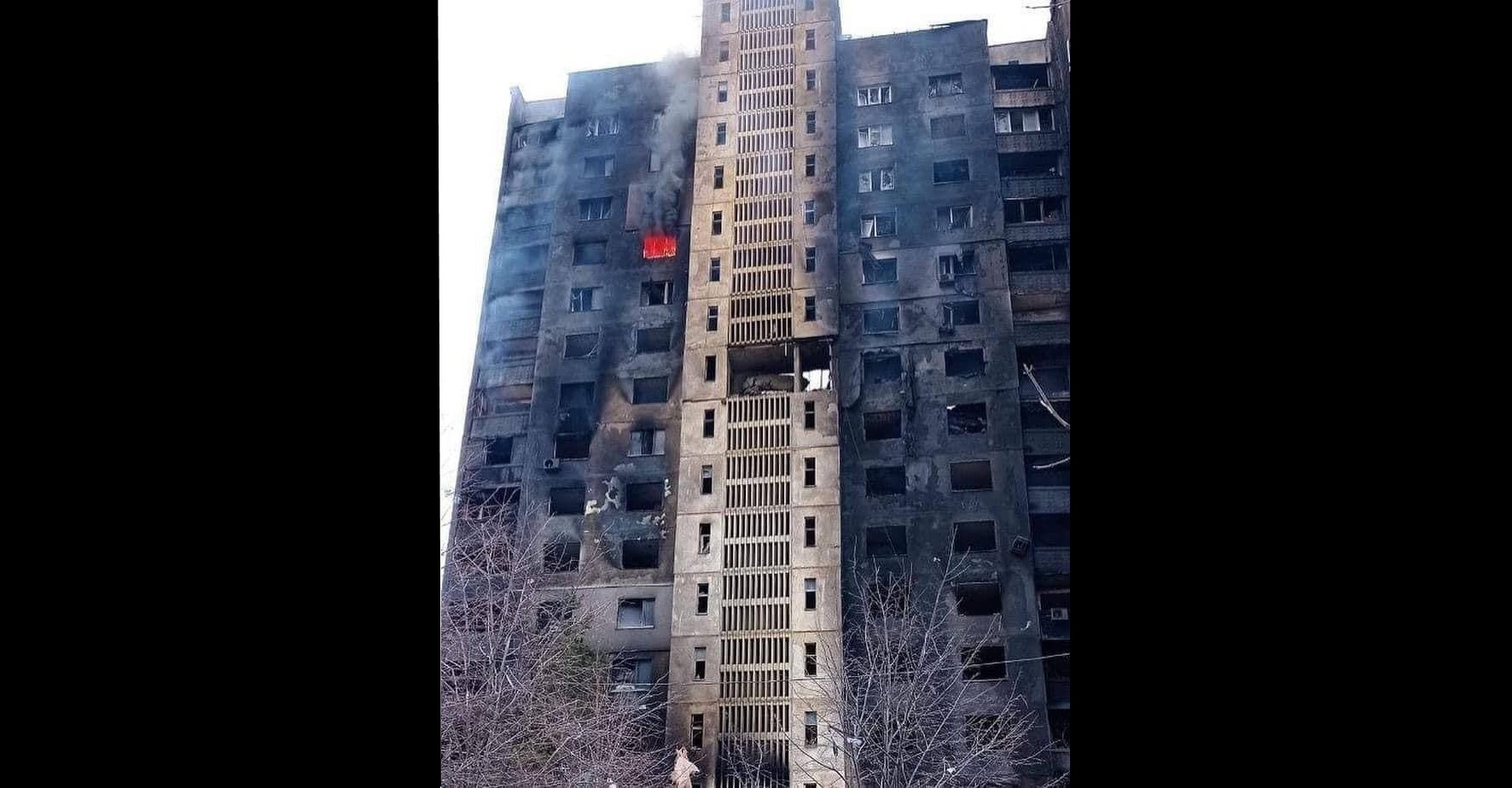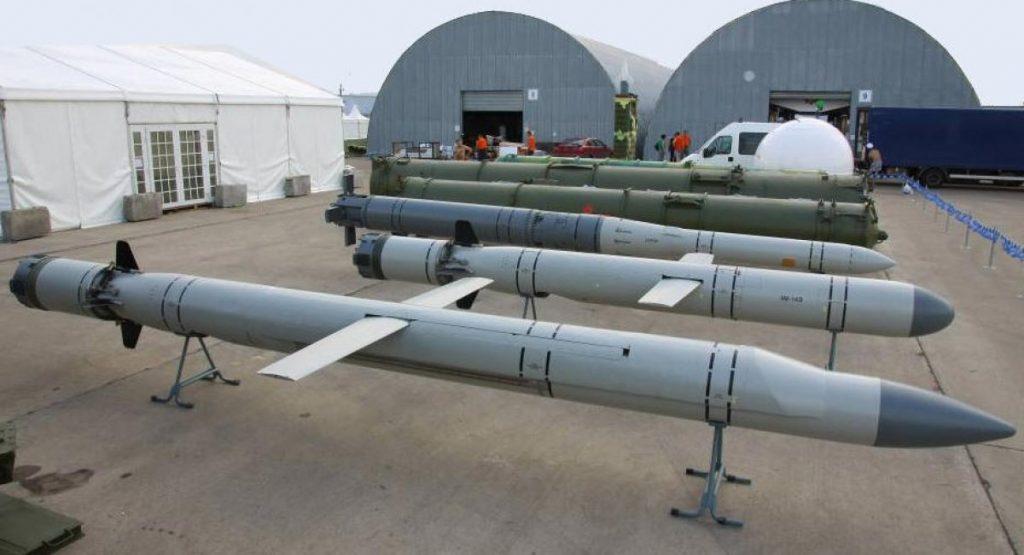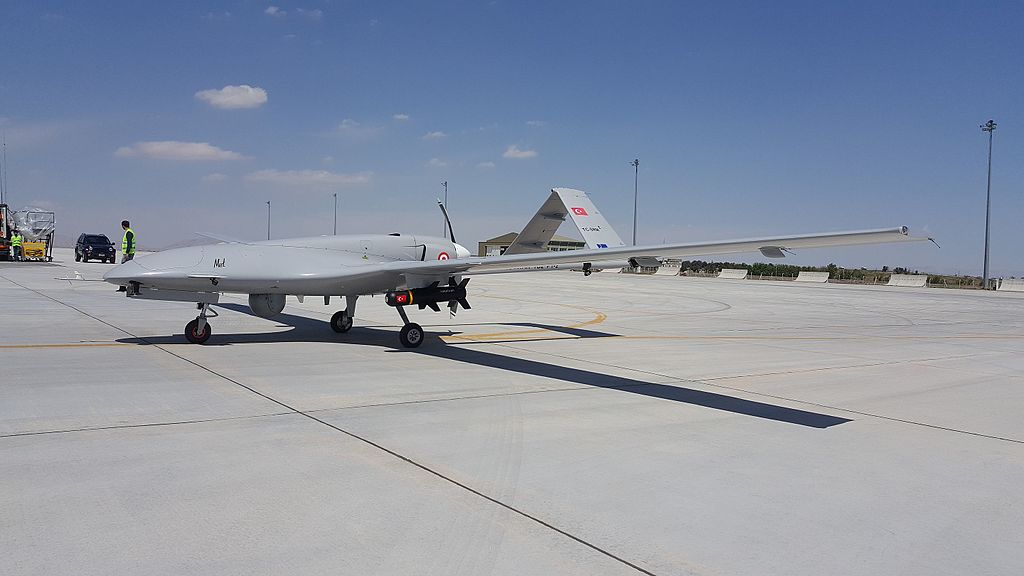Most former Soviet republics have sought to maintain a “balanced” position on Putin’s war in Ukraine lest anything they or their populations do anger Moscow or lead to complications or open breaks with the West, according to Aleksandr Vytovich of the Belarusian ThinkTanks portal.
He draws that conclusion on the basis of an investigation by the Berlin Center for East European and International Studies on public action, media coverage, and government statements in seven former Soviet republics – Georgia, Azerbaijan, Armenia, Kazakhstan, Kyrgyzstan, Uzbekistan and Moldova:
- Georgia’s government has been divided in its reaction, but its population has been almost uniformly pro-Ukrainian.
- Azerbaijan’s government is officially neutral because it has good relations with both Ukraine and Russia and because while Baku values Ukraine’s support of Azerbaijan’s territorial integrity, it also must reckon with the fact that there Russian “peacekeeping” troops on its territory.
- Armenia also has occupied a neutral position. For example, it voted against the recent resolution excluding Russia from the Council of Europe but it has announced that it has no intention of recognizing the self-proclaimed “people’s republics” in the Donbas. The Armenian population is divided about the war.
- Kazakhstan also takes a neutral position, but it too has refused to recognize the self-proclaimed Donbas republics. In contrast to the media in Russia and some other countries, it uses both Russian and Ukrainian sources to report on the war.
- Kyrgyzstan has not taken a clear position, criticizing the war on some occasions but has expressed its “understanding” of Moscow’s recognition of the Donbas republics.
- Uzbekistan has also maintained neutrality but its coverage of the war has included stories critical of Russia. Unlike in most other countries in the region, there have not been demonstrations for or against Russia’s war in Ukraine.
- Moldova has sharply condemned Putin’s invasion of Ukraine and taken a variety of unilateral actions to limit any possibility Moscow will exploit Moldovan territory or airspace against Ukraine, but at the same time, it has not joined the EU sanctions regime because it feels its economy is too dependent on Russia’s to take that step.
Read More:
- Why the world must stop Putin in Ukraine
- “They talked to us like we were criminals” – how Russian occupiers deported me from Mariupol
- Martyred city of Mariupol wiped out of existence by Russia’s incessant shelling
- How the Lviv train station welcomes Ukrainian refugees fleeing Russia’s war | Photo report
- What weapons for Ukraine would help it win the war against Russia
- Putin likely to view West’s declarations about Ukraine as appeasement, as Hitler did their predecessors’ words about the Rhineland, Pastukhov says
- I was inside when the Russians bombed Mariupol drama theater: survivor’s story
- Garry Kasparov: If Putin’s nuclear blackmail works against Ukraine, he will use it next in Poland or Estonia
- 93% of Ukrainian refugees plan to return to their home town after the war – poll





